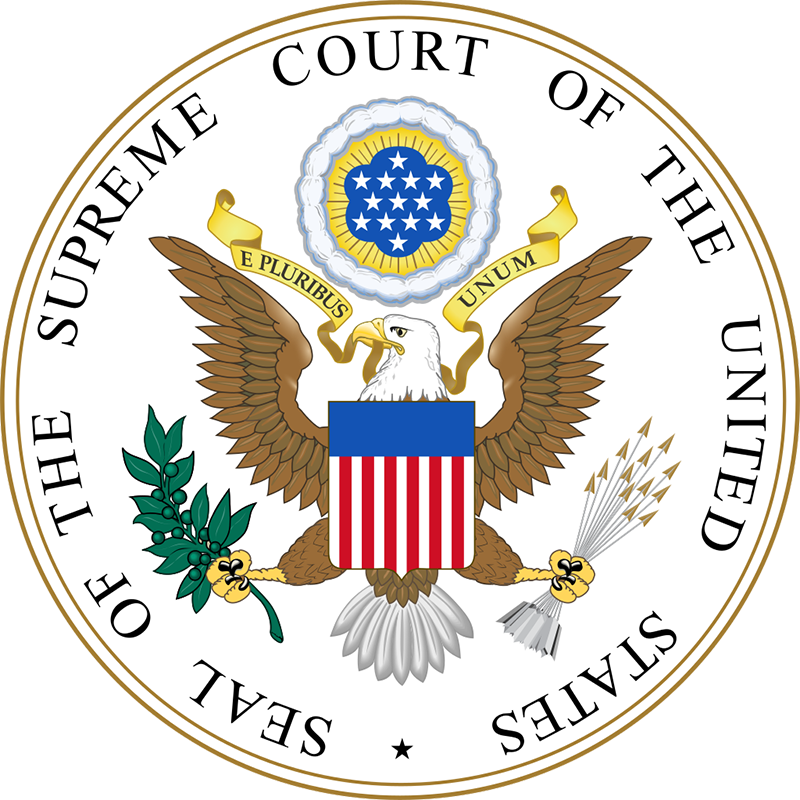When a business files for bankruptcy, it usually does so under Chapter 7 or Chapter 11. Farms and fisherman may file under Chapter 12. Under a Chapter 7 bankruptcy, the business's assets and portions of the business itself are liquidated to pay off debts. The court appoints a trustee, who effectively takes over the company and determines what to be sold. Unlike a Chapter 7 consumer bankruptcy, a business entity's debts are not discharged at the end of the proceeding. Instead, the business entity is dissolved if debts remain.
Most businesses, therefore, prefer to file for Chapter 11 bankruptcy. The appointed trustee takes over operations of the company. However, unlike Chapter 7, the trustee does not liquidate assets. Instead, the trustee creates a reorganization plan, which the judge may approve. A business bankruptcy attorney may represent the business's interests during the proceedings.




























